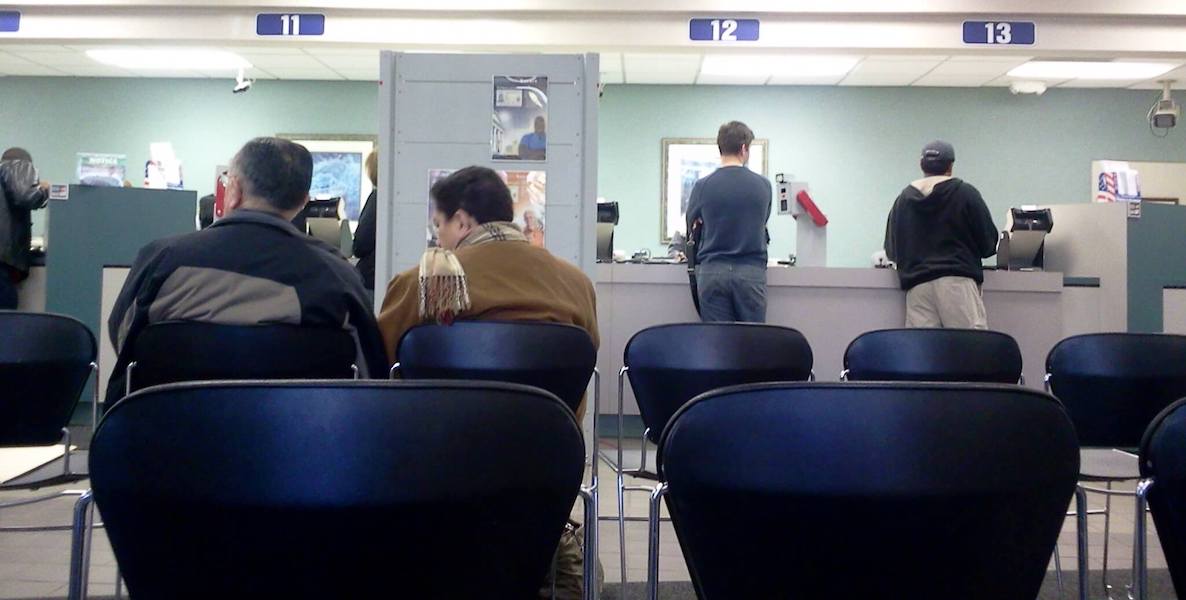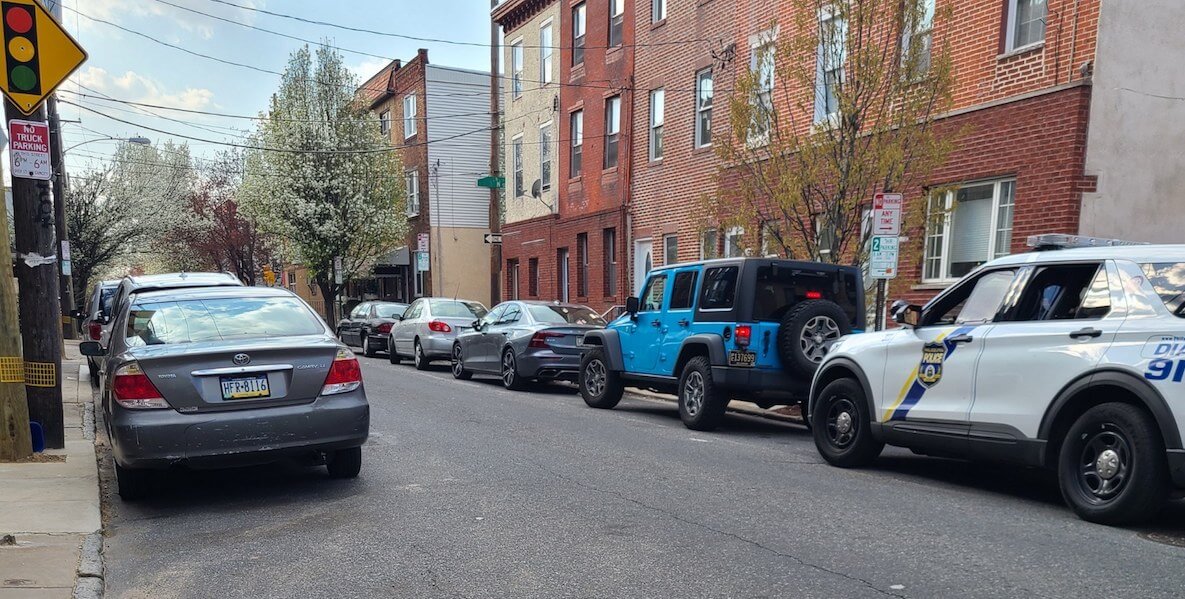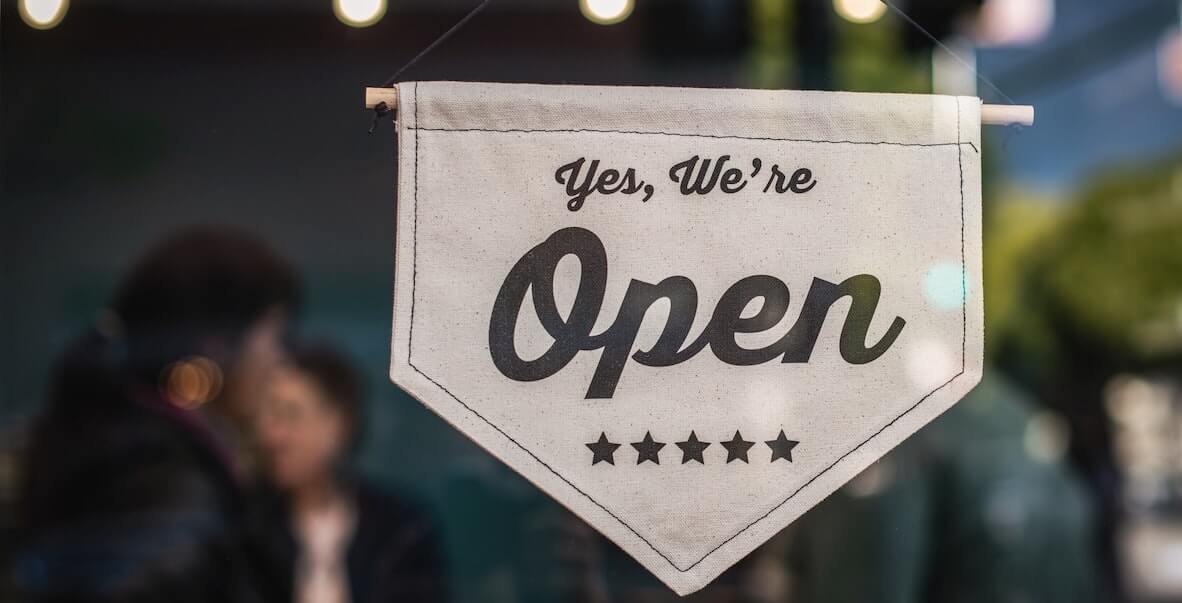Philly is known for a lot of things, some good, some bad. On the bright side, Philly is home to cheesesteaks and the signing of the Declaration of Independence. On the not so bright side, Philly is known for being home to far too many homicides, a stubbornly high poverty rate, and an overly burdensome regulatory landscape that thwarts business creation and economic growth.
 It turns out that the poverty rate and the difficulties of doing business in Philly are linked. A recent Inquirer report put it well: “Philadelphia ranks among the worst U.S. cities to do business, with high taxes and burdensome regulations. Most major cities face similar complaints. But Philadelphia is particularly unwelcoming to new and transplanted businesses, academics, business owners, and public policy experts said, helping to ossify Philly as the nation’s poorest big city.”
It turns out that the poverty rate and the difficulties of doing business in Philly are linked. A recent Inquirer report put it well: “Philadelphia ranks among the worst U.S. cities to do business, with high taxes and burdensome regulations. Most major cities face similar complaints. But Philadelphia is particularly unwelcoming to new and transplanted businesses, academics, business owners, and public policy experts said, helping to ossify Philly as the nation’s poorest big city.”
MORE ON DOING BUSINESS IN PHILLY
How hard is it really to open up a small business in the City of Philadelphia, though? And how does the process stack up against other big cities like, say, New York?
To answer these questions, we dove in to try to understand the City’s requirements. Posing as a potential sit-down, family-style Italian restaurant owner, I followed the steps the City laid out for what I need to do to open my doors to customers. Here’s what I learned.
Online
- I went to the Philadelphia Department of Commerce homepage.
- I clicked on the “Business & self-employment” tab towards the top of the page.
- I clicked on “Starting a business” in the left sidebar. Three additional tabs immediately appeared: Find location and zoning information; Trade licenses; and Business licenses, permits, and approvals. So far, so good!
- These resources provide a few industry-by-industry specifics on setting up a business. After getting an overview, I was ready to click on the “Register a business” tab.
- At the top of the page, it says this: “To register your business with the City of Philadelphia, you’ll need to determine your business structure, obtain a business tax account number from the City, and apply for a Commercial Activity License. The City offers detailed resources for business owners and those who are planning to launch a new business. See the Business Services site to learn more.”
- I decided I needed to learn more, so I clicked on the “Business Services site” tab.
- On the Business Services site, I was welcomed by this encouraging note: “This is your one-stop shop for resources to plan, launch, and manage your business. We are a city built by entrepreneurs. Your success is our success.” Great!
- Of the three tabs offered, I click on the first one, the “PLAN” tab for detailed information on Philadelphia business regulations, how to obtain a business income and receipts tax ID, how to formulate a business plan, and legal resources.
- To obtain a business income and receipts tax (BIRT) ID, the site linked me to this page here. It’s not self-explanatory and pretty confusing, but after I clicked “File or Pay Now,” I found “Apply for a PIN” on the left sidebar. To apply, I would need to input my SSN, e-mail address, and Philadelphia Tax Account Number.
- But how do I get a Philadelphia Tax Account number? Do I have one already? Hmm. I Googled “Philadelphia tax ID registration,” and luckily this explainer page from the City’s Department of Revenue popped up. That page linked me to the application form.
- I then went back to the Business Services site homepage and clicked the “LAUNCH” tab.
- Here, I was asked what specific type of business I’m hoping to start. I clicked the “Food & Drink” tab and then the “Restaurant/Bar” subheading.
- I clicked on the “Starting Your Food-Related Business” subheading listed under “Required.” It lists the following seven steps to setting up a food-related business in Philadelphia:
- Confirm your location is properly zoned for your intended business with the Department of Licenses and Inspections.
- To complete this step, I first read through the Department of Health PDF that provides step-by-step instructions on each of these steps. It says that with this zoning portion of the process, the first step would be to consult the City’s zoning map and zoning code.
- But the two hyperlinks in the PDF didn’t work! Well, that’s frustrating.
- So, I Googled “Philadelphia zoning map,” and the first result was the city’s Atlas mapping tool. Here, I searched the address of my would-be restaurant to access its zoning information and history. The key here is to ensure that my desired zoning classification is allowed at this particular address.
- But what zoning classification/category fits my would-be restaurant? To figure this out, I noted that the Department of Health PDF refers me to §14‐602 of the Zoning Code. Since that Zoning Code hyperlink doesn’t work (*insert eye-roll emoji*), I Google “§14‐602 Philadelphia Zoning Code,” and I come across this link to section 14-602 as my first result. There, I can scroll through the relevant tables to find what sorts of zoning categories restaurants can fall into.
- The Department of Health PDF links me to the Application for Zoning/Use Registration Permit from the Department of Licenses & Inspections. This link works! It also sends me to a lengthy checklist of materials and information I’ll need to have on hand to apply for the permit, including approvals from all or some of the following departments: Streets Department for (among other things) parking or overhangs; City Planning Commission for several things including “facade changes within the Center City Control District” (?!), landscaping around parking areas, and applications for wireless service; Art Commission for any signs that extend more than 12 inches beyond the property; Fairmount Park Commission; Water Department.
- Discuss the facility plans with the Health Department’s Office of Food Protection.
- Submit a Plan Review Application with the Office of Food Protection. This is a key step.
- The cost of submitting an application varies with the size of the business. For example, the plan review fee for an establishment of 1,000 square feet or less is $375. For an establishment of 1,001–5,000 feet, the fee is $875.
- Having reviewed the plan, the Office of Food Protection mails or e-mails the would-be owner a Plan Review Worksheet and Fee Assessment Letter within 30 business days. The worksheet will indicate if additional information is required. (This process can be expedited for an additional fee.)
- As part of the application, I would have to submit a site plan, facility plan, sanitary structural facility information, electrical system information, light fixture information, plumbing system information, toilet room information, equipment design and construction information, equipment installation information, ventilation information, refuse and recyclables information, and menu and food handling information.
- If my plan is reviewed and approved, I would go through a pre-operating inspection, which costs $190.
- Obtain a City of Philadelphia Food Establishment Personnel Food Safety Certificate.
- The application for the personnel food safety certificate, which costs $30, can be found here.
- Certificates are valid for five years.
- To apply, I would first have to complete a food safety training course and include my course certificate in my application materials. A list of city-certified food safety training course providers can be found here.
- Respond to the Office of Food Protection’s feedback from the preliminary plan review. Schedule and pass an inspection of your facility.
- Apply for and receive a Commercial Activity License required of all businesses in the City of Philadelphia from the Department of Licenses and Inspections.
- The homepage for the license application can be found here.
- Obtain the appropriate food license for the specific type of food-related business.
- Confirm your location is properly zoned for your intended business with the Department of Licenses and Inspections.
- It links to a Department of Health PDF that provides step-by-step instructions on how to complete each of these steps.
- I went back to the “Restaurant/Bar” page, because there are two more requirements listed “Required”: (1) Information on how to complete and submit a recycling plan and (2) Recycling and Trash Bin requirements for Food Businesses.
It took me two hours to find and aggregate this preliminary information—and that’s before I even started filling out any forms. For that, I think I might need some serious legal/bureaucratic help.
Is there a way to get that? I picked up the phone to find out.
By Phone
- I called the Philadelphia Department of Commerce at 215-683-2100.
- A human being—not a machine!—picked up the phone. He was incredibly polite and was happy to help walk me through the process.
- His guidance checked out with the key takeaways from my online approach. He said that in establishing any food business, my first step would be to submit the plan review application with the Department of Health’s Office of Food Protection. The application requires information re: business location, storage facilities, type of food being sold, and so forth.
- One benefit of calling over the phone—as opposed to just going the online route—was that I was able to ask follow-up questions and for tips. For example, he explained that the city is divided into business service areas, and when I know in which section of the city I hope to establish my restaurant, I can call the Commerce Department again. Then, the Department will connect me with the business service area manager for that service area, who will share specific tips and regulations for that service area. They can also connect me with particular resources, such as a storefront improvement grant matching program.
- Twenty minutes later, I hung up with at least a good sense of what I needed to do.
Of course, this account doesn’t include the inevitable delays, construction concerns, financial hurdles and other logistics of actually getting a business off the ground. Nor does it include the real-time frustration of dealing with multiple city departments, each with their own rules. That would add to the time and expense of doing business in the city of Philadelphia.
Comparing Philly’s Process with NYC’s
Clearly, receiving approval to set up a business in Philly is time-intensive and can be frustrating, especially for first-time business owners and transplants. So, I was curious: How does Philly’s process stack up with, say, New York City’s?
The answer is: Not well.
When I Googled “setting up a business in New York City,” my first two non-ad results were an overview of the setting up a business process in New York from NYC.gov and then a personalized step-by-step guide tool. New York City government provides an interactive, online, personalized tool that walks you through all the information you’ll need to set up your business and jump through all the regulatory hoops.
Even that could be easier, if both Philly and the Big Apple took the advice of the Manhattan Institute’s Small Business Agenda, which proposes eliminating the most common barriers to opening a business and creating a true one-stop shop for would-be entrepreneurs. Such a model would allow aspiring entrepreneurs to get and do everything they need to be able to open their doors in one fell swoop. And that’s just good business for everyone.
The Citizen is one of 20 news organizations producing Broke in Philly, a collaborative reporting project on solutions to poverty and the city’s push towards economic justice. Follow the project on Twitter @BrokeInPhilly.
Header photo by Tim Mossholder on Unsplash







